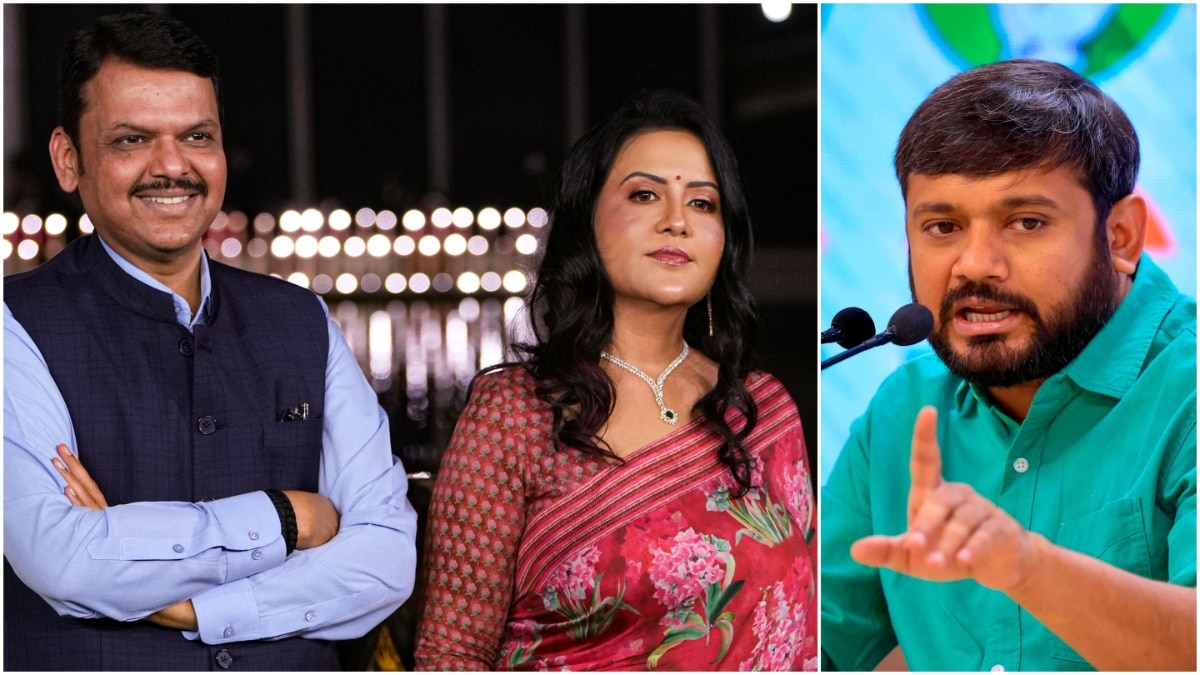
I often encounter recurring themes of striving for superhuman abilities, expressed through phrases like “I must handle everything,” “I cannot make mistakes,” or “I need to fix myself,” not only in professional contexts but also in everyday conversations. It seems as if humankind is obsessed with transcending our inherent flaws and imperfections, striving to be anything but human. It makes me wonder how the world actually describes this being—the human—whom they all seek to escape; one that is too flawed to be accepted or is potentially always falling short.
It’s disheartening to witness how easily we can lose touch with the fundamental essence of simply being human in a relentless pursuit of perfection, an elusive ideal that often portrays us as fundamentally flawed or perpetually inadequate. Striving for such unrealistic and unattainable benchmarks only highlights the reality of how imperfect we actually are, falling short of it and reinforcing how hard it thus is for us to ever feel fully acceptable. Balloting for green tractors scheme on November 1 This age-old struggle now faces a dynamic world dominated by technology, fast-paced lifestyles, astronomical societal pressures, and is constantly bombarded with subliminal digital messages to be better, faster, and stronger.
This leaves us even more disconnected from our true authentic selves, distancing us further from our humanness into an illusory world where the drive for perfection is pervasive. A fundamental consideration here is the perspective of the alternate world, one that embraces the reality of being human with profound acceptance for authenticity. After all, what does it mean to simply be human? Let’s begin with our earliest moments; we are born free with no inhibitions, no complexes or fear of judgement, despite our vulnerabilities.
As babies, we express ourselves freely, crying without concern for who is watching. This natural state embodies our raw authenticity. From the moment we are born, we bring with us a unique set of characteristics, vulnerabilities, and idiosyncrasies.
These imperfections and vulnerabilities are not flaws to be corrected or hidden; rather, they are fundamental aspects of our humanity. Embracing ourselves as humans means accepting that we are inherently imperfect and vulnerable. It is only as we grow older that we learn to hide our feelings and cover up our flaws in an attempt to conform to societal expectations.
To be human is to be beautifully complex, filled with strengths and weaknesses, joys and sorrows, confidence and doubt. Just as a baby’s uninhibited cries are a pure expression of its needs and desires, embracing our own imperfections allows us to connect more deeply with ourselves and others. It is through this acceptance of our humanity, in all its messiness and beauty, that we find true freedom and inner peace.
795,877 children to get polio vaccine in Sialkot In therapy, I often encounter clients who feel disconnected from themselves due to societal expectations. Many wear masks to fit in, fearing judgement or rejection, which often leads to feelings of emptiness and loneliness. Authenticity, however, requires vulnerability and courage.
It is this very authenticity that paves the way for deeper, more genuine connections with others. It serves as a reminder that we are not alone in our struggles; everyone grapples with their own fears, insecurities, and dreams. By accepting and embracing these parts of ourselves, we cultivate a greater sense of compassion towards others, recognising that they, too, are navigating their own complexities.
Being authentic helps us attract individuals who appreciate us for who we truly are, fostering a sense of belonging and acceptance. One of the most liberating realisations in therapy is that it’s okay to be imperfect. Society often glorifies perfection, leading individuals to hide their flaws and vulnerabilities.
However, by accepting our imperfections, we open the door to self-compassion and resilience. The Japanese concept of “wabi-sabi” beautifully illustrates this philosophy by celebrating the beauty of imperfection. It teaches us to find value in the flawed and incomplete, emphasising that imperfections are a natural part of life.
Embracing this philosophy can be incredibly healing, allowing us to let go of unrealistic standards and appreciate ourselves as we are. Kisan Ittehad demands independent commission to decide crop prices Growth does not stem from being flawless; rather, it arises from learning, evolving, and being open to the full spectrum of human experiences. Recognising that embracing our true, authentic selves is essentially part of what makes us human, I would like to take this opportunity to invite you to reflect on what else defines us as simply being human.
Saima Salman The writer is a UK qualified integrative counsellor and psychotherapist. Tags: embracing humanity.














